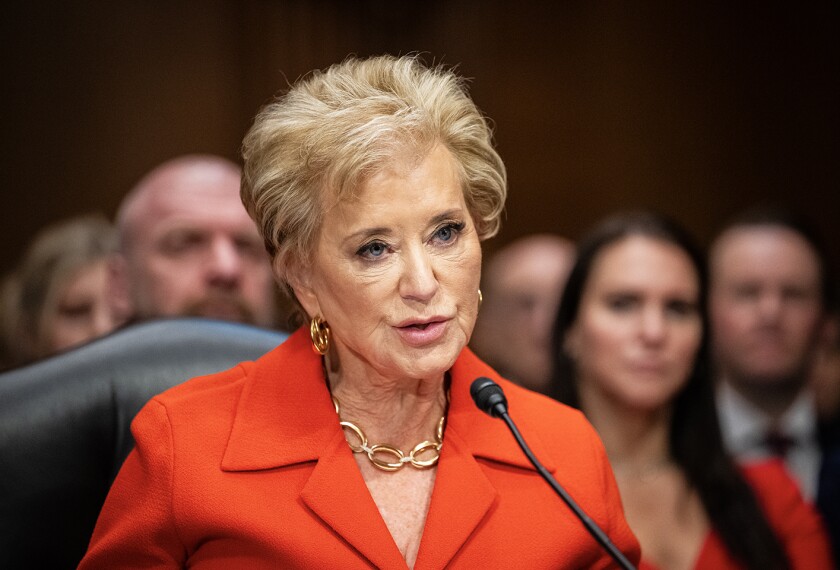Where a president’s children attend school—public or private—has long been a topic of high interest. That’s no less the case for Barron Trump, the 10-year-old son of President-elect Donald Trump.
In Manhattan, Barron attends the private, coeducational Columbia Grammar and Preparatory School, where he will stay put until the end of the school year, the Associated Press reported.
If Barron does come to Washington, his schooling is likely to be more of a personal decision on the part of the family than a political one. The president-elect attended private schools himself, as did his now-adult children.
“Just because Barron Trump is a high-profile first kid, he’s still entitled to find the educational venue—whether it’s public or private or New York or Washington—that is the right one for him,” said Steven Roy Goodman, an educational consultant in the Washington area.
Goodman said it’s important to remember: Barron is still a 10-year-old.
“He has the right to focus on his math homework or his English homework, or whether or not he wants to play football or soccer, or if he’s interested in American history or playing chess or any other activity,” said Goodman.
Goodman thinks the family’s decision, more than anything else, comes down to what’s best for the child.
“Besides the Secret Service and the security, I think the first order of business is to find the right educational environment that’s going to help him grow as a student,” Goodman said.
First Family’s Choice
The last time a “first kid” went to public school was during Jimmy Carter’s presidency, from 1977 to 1981. Carter sent his daughter, Amy, to Thaddeus Stevens Elementary School and later Hardy Middle School, both in the District of Columbia and with primarily African-American student enrollments.
President Carter would ask his daughter questions, according to The Baltimore Sun:
“What would improve the lunch program? How could we help the children who could not speak English? Were the students being immunized against contagious diseases? What was being done to challenge the bright students in the class or to give extra help to the slow ones?”
Since then, presidents with school-age children have chosen to go private. Chelsea Clinton and Malia and Sasha Obama have all attended Sidwell Friends, a highly selective, coeducational Quaker school that has its lower school in Bethesda, Md., and its middle and upper schools in Washington. The tuition at Sidwell is about $40,000 a year.
Catherine Cushinberry, the executive director of Parents for Public Schools, believes presidents choosing public school for their children can send a strong message.
“I think that policies are more impactful when you’ve lived them and have been impacted by them,” Cushinberry said.
“However, I also think that when you don’t have children in public schools, it can be very difficult for you—whether you’re the president or not—to understand the unique needs of public schools and to know how your time and resources could help strengthen public schools,” Cushinberry said. “When you’re not there, I think it has a way of coloring your perspective about what most families deal with.”
Facing the Spotlight
The new age of social media could make it harder for Trump’s youngest son to elude the spotlight.
“When you hold public office, it is often difficult for the public to recognize where the line should be drawn in terms of your private life and your private decisions,” Cushinberry said.
Leigh Ann Cahill, director of Independent School Options, an educational consulting group based in Alexandria, Va., said the most important factor would be Barron’s learning needs.
“I hope wherever he goes, they see him for who he is—not who his father is,” Cahill said.
The good news for the first kid? He’s coming to the right place for variety.
“We have schools that are phenomenal for everyone. We have quirky, funky schools. We have schools for special needs. We have all-boys schools. We have STEM,” Cahill said, referring to science, technology, engineering, and math. “We have it all.”





